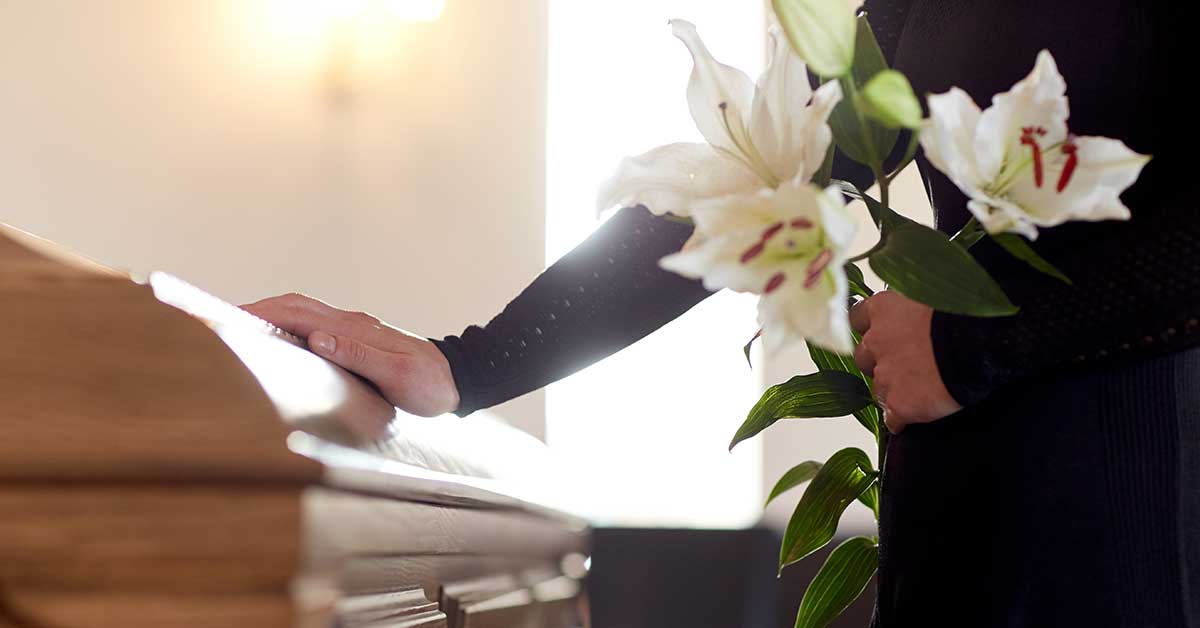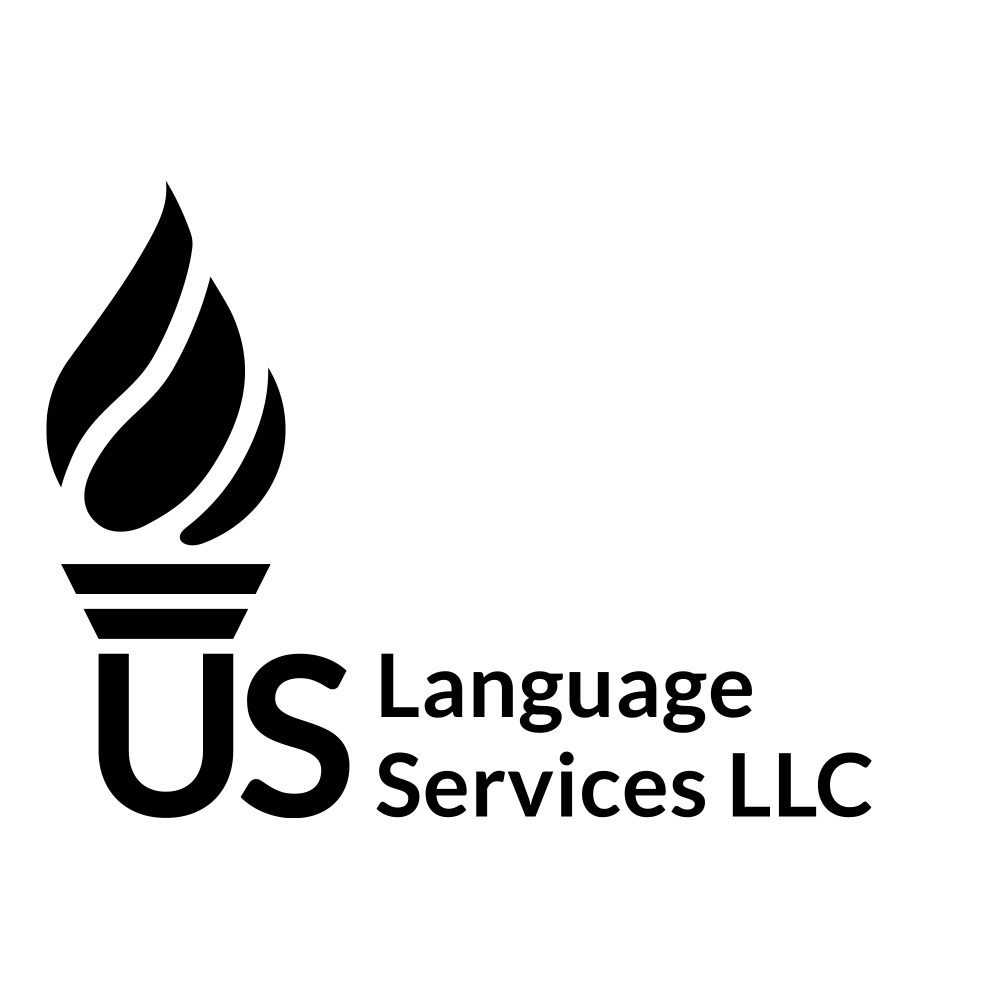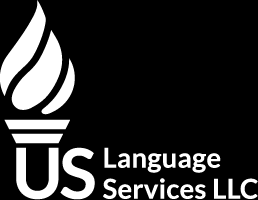How to Work in the U.S. As a Foreign-Educated Funeral Service Worker

Funerary services are a vital part of today’s job market, and these careers require both educational training and state licensing. Not only is this an essential career that’s often regarded with respect, but it also has its advantages. According to the U.S. Bureau of Labor Statistics, funeral service occupations are growing quickly. The average funeral service worker makes between $42,260 and $135,660, with the annual median wage being around $74,000. If you are a foreign-educated funeral service worker, you may be wondering about the best way to establish your practice in the U.S. Our guide gives you details on this information and answers important questions about the process, such as:
- What Is the Process for Working in the U.S. As a Foreign-Educated Funeral Service Worker?
- How Much Does It Cost to Work as a Foreign-Educated Funeral Service Worker in the U.S.?
- How Long Does It Take To Work as a Foreign-Educated Funeral Service Worker in the U.S.?
- Are There Any Restrictions to Working as a Foreign-Educated Funeral Service Worker in the U.S.?
- What Are the State-Specific Requirements for Foreign-Educated Funeral Service Workers?
- What Are the Immigration Requirements for Foreign-Educated Funeral Service Workers?
- Where Can I Get a Certified Translation?
What Is the Process for Working in the U.S. As a Foreign-Educated Funeral Service Worker?
Becoming a funeral service worker in the U.S. requires completing several steps regarding education, examination, and licensing. Funeral service workers are typically licensed by the state they practice in, which means it helps to choose the state you intend to live in before starting this process so you have more detailed information. Steps to becoming a foreign-educated funeral service worker in the U.S. include:
- Meeting the basic educational requirements for a funeral services worker. In general, this means possessing a high school degree, or its equivalent, and an associate’s degree, or its credit hour equivalent. The associate’s degree will need to have courses that focus on funeral and mortuary sciences, and the program that you graduate from will need to be accredited by the American Board of Funeral Service Education (ABFSE).
If you have foreign credentials, you may be able to work with a funeral sciences education program in the United States to evaluate your foreign credentials; this shortens the amount of time you may need to spend studying in an ABFSE-accredited program. Obtain a credential evaluation of your foreign credentials via a credential evaluation service and provide this information to the program director at your chosen funerary sciences education program. Reliable credential evaluation providers can be found through either the National Association of Credential Evaluation Services (NACES) or the Association of International Credential Evaluators (AICE). You will most likely need a certified translation as part of this process.
- Once you’ve met the basic education requirements, it’s time to prepare for examinations. Almost every state requires that individuals interested in becoming a funeral service worker pass the Funeral Service National Board Exam (NBE). If you are from a country that doesn’t speak English as one of its main languages, you may want to also take either the Test of English as a Foreign Language (TOEFL) or the International English Language Testing System (IELTS) to ensure that you are prepared to take the NBE, which is only offered in English and work in the United States without issue.
- After you’ve passed the NBE and any other exams your education program requires for graduation, you will need to seek licensing. Licensing for funeral service workers is handled on a state-by-state basis, and there are varying requirements for licensing that include additional examinations. It’s important to research state licensing details for the specific state that you wish to work in so you can receive more accurate information about your situation.
- Most states require funeral service workers to complete an internship or apprenticeship. This may be completed during your education, after you graduate, or while you are applying for state licensing. Alternatively, you might need to complete this experiential portion of your career after you receive licensing in the state – it depends on the specific rules in your chosen state and the rules that your chosen education program has for graduation.
- Before you can officially start practicing as a funeral service worker in the U.S., you will need to obtain a visa or green card. There are a few different immigration paths that might be available to you, so make sure to consult with an immigration lawyer and research the best options for your specific situation.
After you’ve completed all of these steps, you will be able to work in the U.S. as a foreign-educated funeral service worker. Keep in mind that you may need to keep up with continuing education and examination requirements, or additional licensing renewal tasks as required by your chosen state to ensure your practice is uninterrupted.
How Much Does It Cost to Work as a Foreign-Educated Funeral Service Worker in the U.S.?
The cost of becoming a funeral service worker in the U.S. depends on several factors, including how much education you need to obtain in the United States, state licensing fees, and specific visa costs associated with immigration. Tuition for funeral and mortuary sciences programs can range between $5,000 and $20,000 on average, and the NBE exam costs $570 to take, not including the cost of preparation materials. State licensing fees for funeral service workers may range between $100 and several hundred dollars, and you may also need to pay for background checks or other licensing-related costs. The cost of obtaining a visa to work in the U.S. is typically several hundred to several thousand dollars or more, and the cost of this process is increased when you factor in any legal fees to help you complete this process. Overall, the cost of becoming a foreign-educated funeral service worker in the U.S. will be several thousand dollars in total. However, it is an investment into your career and your life in the United States.
How Long Does It Take To Work as a Foreign-Educated Funeral Service Worker in the U.S.?
How long it takes to work as a foreign-educated funeral service worker in the U.S. depends on how much education you need to acquire, any exams that you need to study for, and state licensing processes. Visa or green card applications also add considerable length to this process. If you need to obtain a complete education in funeral and mortuary sciences, this will take two years. The NBE exam takes a few months to study for and has two parts; there is a 30-day waiting period if you need to retake the exams for any reason. If you need to complete the TOEFL or IELTS, this can take anywhere between 3 and 6 months depending on your study habits. State licensing typically takes a few months, and visa or green card application processing times typically range between 13 and 24 months. Overall, the entire process can take between 2 and 4 years to complete, maybe less or more depending on your specific situation.
Are There Any Restrictions to Working as a Foreign-Educated Funeral Service Worker in the U.S.?
After you have met all of the education requirements of a U.S. funeral service worker, passed the required national exam, and completed state-specific requirements such as additional examinations and licensing, you will be able to practice in the U.S. as a funeral service worker. You won’t have any restrictions on your practice, but you should keep in mind that you will need to keep up with any continuing education and license renewal tasks that your chosen state requires.
What Are the State-Specific Requirements for Foreign-Educated Funeral Service Workers?
Every state requires that funeral service workers have the proper licensing before they are legally allowed to offer their services in that jurisdiction. States do have varying requirements for licensing and differing application processes, something that makes it important to consult with the licensing board of your chosen state as one of the first steps of this process. In most cases, state-specific requirements include additional examinations, licensing applications and fees, and internship or apprenticeship requirements. There may also be continuing education and licensing renewal requirements that you need to follow after you receive your license to practice in that state. Utilize the directory of state licensing boards and requirements provided by the National Funeral Directors Association for more detailed information.
What Are the Immigration Requirements for Foreign-Educated Funeral Service Workers?
Immigrating to the United States as a funeral service worker may be on the more complicated side due to the visa types you will need to apply for and the fact that most states require applicants for funeral occupation licensing to be U.S. citizens. Oftentimes, funeral service workers may be green card holders, also known as permanent residents, in order to fulfill this requirement. Visa types that funeral service workers may be eligible for include employment-based visas, such as the EB-2 and EB-3 visas. You may also want to look into green card applications and consult with a U.S. immigration lawyer to guide you through this process. Not only will an immigration lawyer help you understand the best visa type for you, but they can streamline your application steps to make them easier and give you the best chances of receiving a U.S. visa or green card in a timely manner.
Where Can I Get a Certified Translation?
Certified translations are an essential part of the process of establishing your funeral service occupation in the United States. You will need certified translations of your original academic documents and other important records as you obtain credential evaluations and apply for state licensure. Certified translations are also likely to be helpful as you complete the visa process. Visit our online store to obtain reliable certified translations of important documents like:
- Diplomas
- Academic transcripts
- Business licenses and certifications
- Resumes and employment records
- Birth certificates
Guaranteed Acceptance
All our certified to English translations are accepted by the USCIS. Our translations follow the guidelines established by the USCIS and are also accepted by educational institutions.
Most Requested Documents
FAQs
You can order most translations 24 hours a day, 7 days a week through our online store. For large projects (more than 20,000 words or 50 pages), please request a quote.



